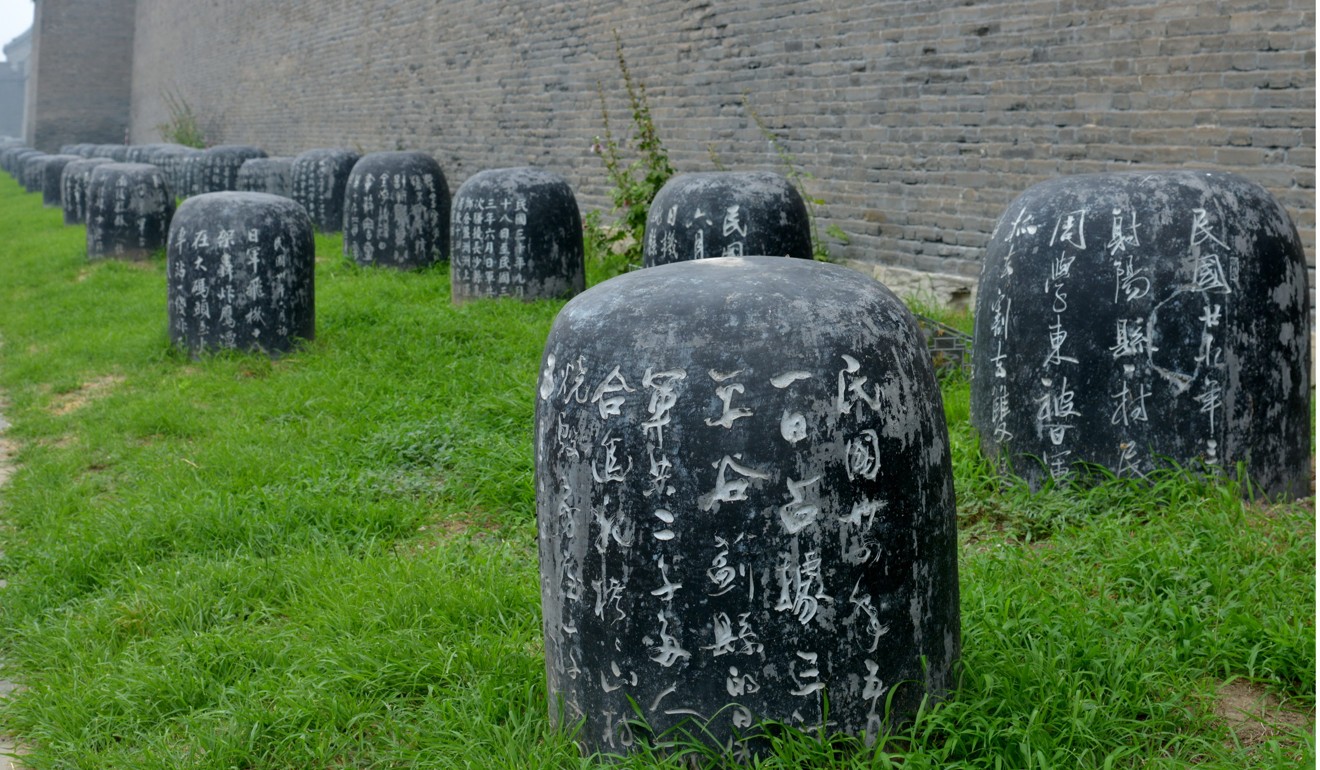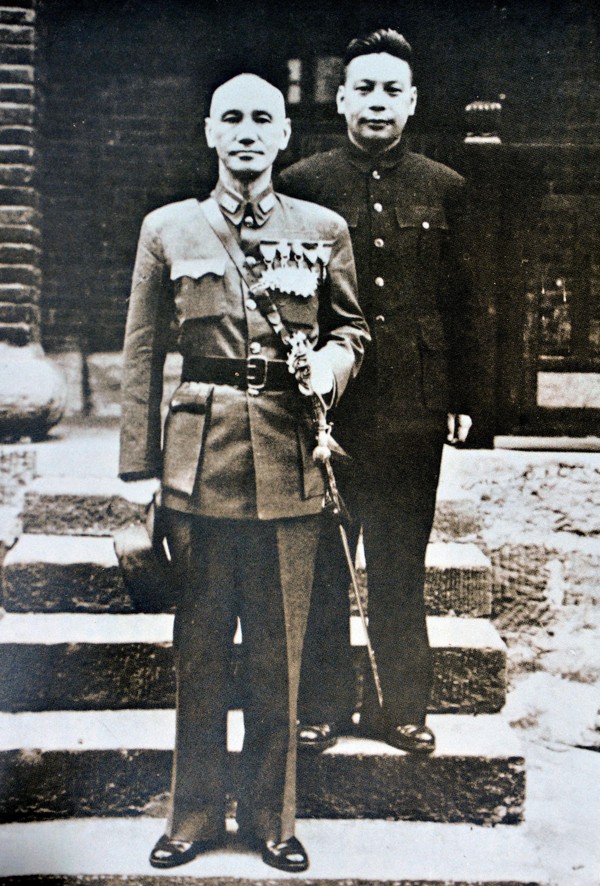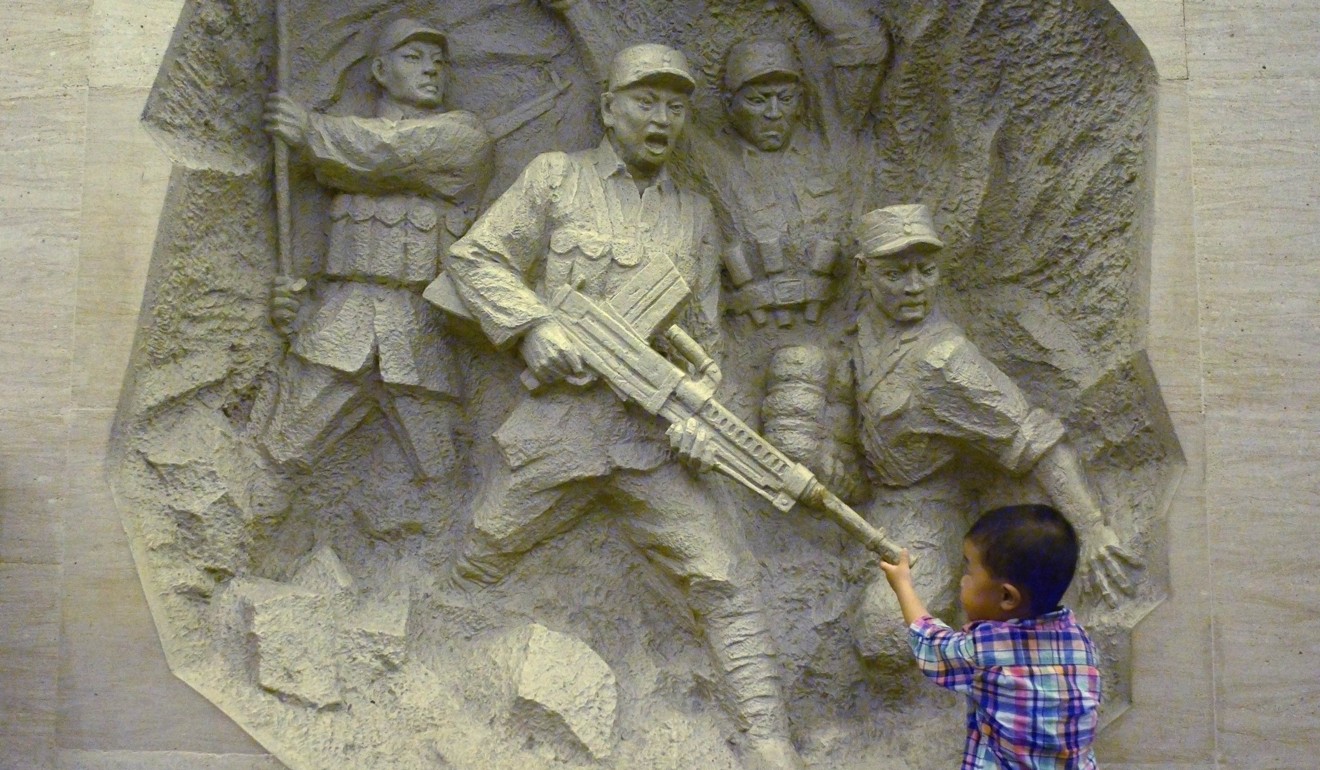
After 80 years, China should not forget its war with Japan, but remember it’s over
On the anniversary of the Marco Polo Bridge incident, China is still thinking about the legacy of the war, as it should. But Japan is no longer the Empire of Japan, and progress requires moving beyond painful memories
It doesn’t loo k like the kind of place where the destiny of nations is decided. Around 15km from the centre of Beijing, Lugouqiao is a picturesque spot. Its sculpted bridge attracted praise from no less a figure than the West’s most famous pre-modern traveller to China – hence its English nickname, the “Marco Polo Bridge”.
Conflict, not tourism, shaped events at that bridge exactly 80 years ago this weekend. On July 7, 1937, local Chinese troops clashed with Japanese troops stationed there, a result of a Japanese presence that had grown increasingly aggressive in north China since the 1920s. Within days, the localised conflict had expanded into an all-out war between the Republic of China, led by Generalissimo Chiang Kai-shek, and the Empire of Japan. The events of July were the forerunner to some eight years of brutal war, which would see massacres in cities such as Nanjing ( 南京 ) and Xuzhou (徐州), battles in places as far apart as Taierzhuang, Changsha (長沙) and Hengyang (衡陽), and the deaths of perhaps 14 million Chinese, with more than 80 million becoming refugees.

For many years, the full story of that terrible war was not much discussed in China, in part because Mao Zedong’s ( 毛澤東 ) China was unwilling to acknowledge that other actors apart from the Communist Party, notably the Kuomintang (Nationalist) government and the United States, had been instrumental in China’s ultimate victory over Japan. But this absence has been reversed since the 1980s, with much more acknowledgement on the mainland of the contribution of non-Communist actors.
On September 3, 2015, a major parade was held in Tiananmen Square, commemorating the seventieth anniversary of the end of China’s war with Japan, in which four Kuomintang veterans took part alongside four Communist ones.
This year, media and the academic world are marking the 80th anniversary of the Marco Polo Bridge events, which in fact mark the start of the second world war. This publicity is part of a growing sense in the past few years that China’s authorities would like to stress the war with Japan more, not less.

In Europe, it can seem that the legacy of the second world war has almost been forgotten. Last year, during the Brexit referendum in Britain, the suggestion by the then British prime minister, David Cameron, that a more fragmented Europe might lead to war sparked public ridicule.
In China, however, it is clear that the long-ago war is becoming central to China’s self-presentation in the world. In January, an official declaration was made that China’s war of resistance against Japan, as the war is known on the mainland, is now officially stated to have lasted 14 years, from 1931 to 1945, rather than the previously, widely used eight-year definition (1937-45).
A tobacco-free 2020 Olympics ... or is Japan blowing smoke?
Ironically, as China seeks a “new national renaissance”, it is turning more often to past events to define itself. However, not all elements of that self-presentation have the same purpose.
One important element is, of course, an attempt to reduce Japan’s prestige by reminding the world of its wartime record. Any conversation with Chinese diplomats and policymakers quickly turns to disputes between the two countries, such as Japan’s attempts to secure a permanent seat on the UN Security Council. When asked why China is so opposed to these attempts, the answer goes back to more than seventy years ago. Japan has not done enough to apologise, in the eyes of official China, and the atrocities of the war remain sufficient to tar Japan’s present-day attempts to rehabilitate its image.

The museum at the Marco Polo Bridge itself, graphic in its portrayal of the crimes committed against China during the war, stands as a rebuke to the privately run but very prominent museum at the Yasukuni Shrine in Tokyo, which gives a rather positive account of Japan’s invasion of China.
Yet there is another powerful element in the Chinese desire to revive wartime memories. China still suffers from an ideological deficit. Economic growth and consumerism have not been enough to create a distinctive sense of pride about being Chinese. That has led to a boom in memorials to the wartime years, portrayed as a time of sacrifice and hardship that enabled China to win a struggle for survival. China’s television stations, bookstores and video gaming parlours recreate the events of the Marco Polo Bridge in 1937, and make them part of a wider argument about national pride.
Textbooks change: China’s war against Japanese aggression lasted 14 years instead of eight
Rana Mitter is director of the University China Centre at the University of Oxford and author of A Bitter Revolution: China’s Struggle with the Modern World and China’s War with Japan, 1937-45: The Struggle for Survival

